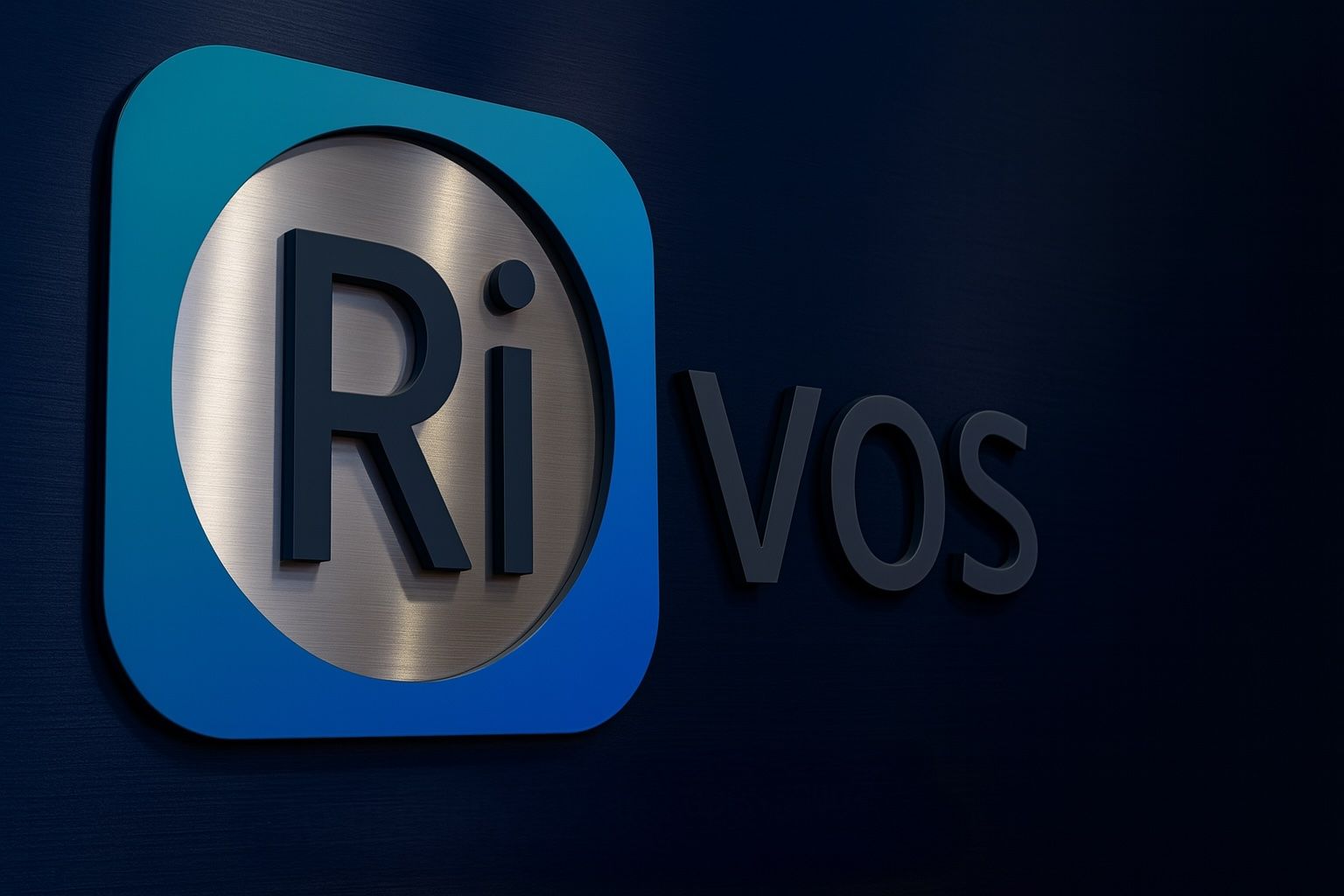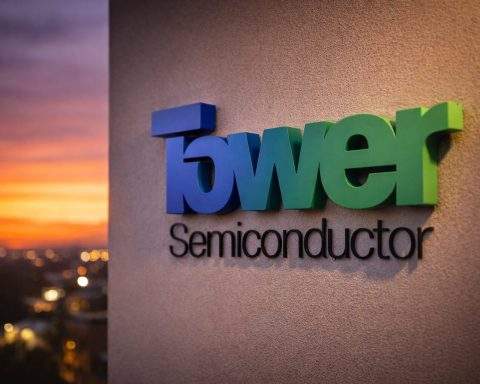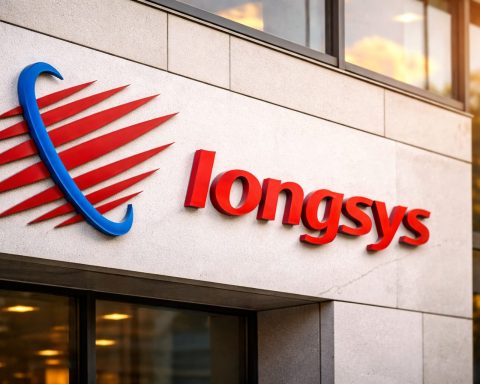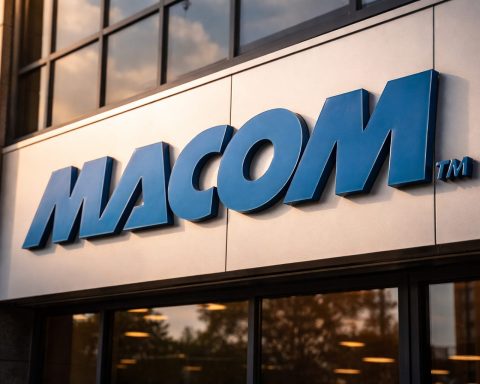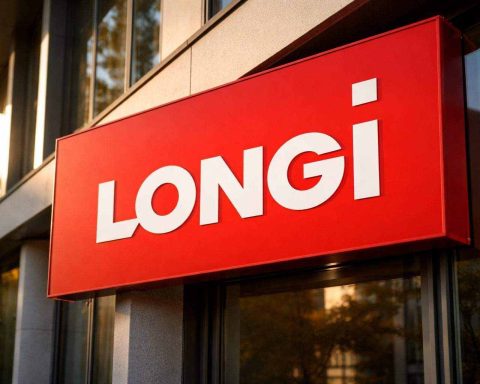- Meta is reportedly buying chip startup Rivos Inc. to boost its in-house AI hardware efforts bloomberg.com investing.com. The deal is aimed at strengthening Meta’s custom semiconductor development and reducing reliance on Nvidia GPUs bloomberg.com 1 .
- Rivos is developing a RISC‑V–based AI GPU. The Santa Clara startup’s first product is a server chip combining a CPU and AI accelerator, optimized for large language models and data analytics reuters.com reuters.com. It uses the open-source RISC-V architecture, an alternative to Arm, which lets Rivos avoid costly licenses reuters.com 2 .
- Meta already has an internal AI chip project (MTIA) but still spends billions on Nvidia GPUs for training and inference bloomberg.com reuters.com. Executives say they want to start using Meta-designed chips for AI training by 2026 reuters.com. Buying Rivos would accelerate that plan by acquiring talent and technology.
- Reports value Rivos around $2 billion. The Information reported that in August 2025 Rivos sought funding at a ~$2B valuation investing.com. Rivos raised $250M in April 2024 from investors including Matrix Capital, Intel, MediaTek and Dell reuters.com 3 .
- Meta has eyed other AI chip deals. Earlier this year Meta offered about $800M for South Korea’s FuriosaAI, which was declined techcrunch.com. The Rivos deal fits Meta’s broader strategy of cutting costs and controlling key AI infrastructure gurufocus.com 4 .
Meta’s move to acquire Rivos comes amid a major push by Big Tech to own the chips that power AI. The Santa Clara–based startup Rivos is a “stealth” AI-chip developer whose founders include former Apple and AMD engineers reuters.com waldencatalyst.com. Rivos’ CEO Puneet Kumar explains the company’s strategy: by targeting smaller installations, Rivos can offer cost-effective AI chips “where Nvidia might seem like an overkill from a cost perspective,” providing a solution “that works well enough and can compete quite well” waldencatalyst.com. In practice, Rivos is designing its chip around software for large-scale AI models. As Kumar told Reuters, “usually chip companies do it the other way: build the silicon, and then build the software on top… We decided… that we should first look at software” 5 .
Meta’s AI Ambitions and In-House Chips
Meta (formerly Facebook) has been heavily investing in AI infrastructure. In March 2025 Reuters reported that Meta started testing its first custom AI training chip and plans to bring chip development in-house to “reduce reliance on external suppliers like Nvidia” reuters.com. Meta’s capital spending is enormous (over $65 billion in 2025 projected for AI capex reuters.com), and executives say using their own chips could slash AI compute costs in the long term. Meta’s Chief Product Officer Chris Cox described the effort as a “walk, crawl, run” process, with the first-generation inference chip for recommendations deemed a “big success” reuters.com. Cox confirmed Meta’s timeline: the company “wants to start using their own chips by 2026” for model training 6 .
In addition to in-house development, Meta has signed massive cloud deals to secure AI capacity. On the same day as the Rivos news, Reuters reported Meta agreed to a $14.2 billion multi-year deal with cloud provider CoreWeave for Nvidia-powered hardware reuters.com. This underscores that Meta is still one of Nvidia’s largest customers. In CoreWeave’s CEO Michael Intrator’s words, Meta’s AI push involves “tens of billions” invested in data centers and “athlete-level salaries to hire top AI software engineers” reuters.com. (As analyst Jacob Bourne notes, such spiraling deals and valuations – Meta’s and CoreWeave’s – are stoking some concerns of an AI infrastructure bubble 7 .)
Rivos: Silicon Valley’s RISC‑V Innovator
Rivos was founded in 2021 and has kept a low profile until now. Its chip is built on RISC‑V, an open-source instruction set that avoids licensing fees. Investor Lip-Bu Tan (founding chairman of Rivos and an early backer) highlights RISC-V’s promise: it has “strong long-term potential especially in data analytics and generative AI applications” waldencatalyst.com. Tan, a veteran chip executive, says he formed Rivos to tackle the RISC-V software gap: “RISC-V doesn’t have a (large) software ecosystem, so I decided to form a company and then build software-defined hardware – just like what CUDA did with Nvidia,” he explained 8 .
In April 2024, Rivos raised $250 million to produce its first server chip reuters.com. The funding round was led by Matrix Capital and included strategic backers (Intel, MediaTek, Dell, etc.), reflecting confidence in Rivos’ approach reuters.com. The new chip will combine a CPU core and an AI accelerator on a single die, optimized for running large language models and analytics workloads reuters.com. Rivos’ leaders have emphasized a software-first design: as Puneet Kumar told Reuters, “we should first look at software” rather than the traditional “silicon-first” path 5 .
Rivos also has faced legal drama. Apple sued Rivos in 2022 for allegedly stealing chip secrets (accusing Rivos of poaching Apple engineers to copy its system-on-chip designs) reuters.com. Rivos countersued and Apple eventually agreed to settle in early 2024 reuters.com. That dispute is now resolved, clearing the way for Rivos to continue its hardware development and financing without litigation hanging over it reuters.com 9 .
Deal Details and Strategic Impact
Financial terms of Meta’s acquisition have not been disclosed. Media reports suggest Rivos was eyeing a valuation around $2 billion in its last funding efforts investing.com. If Meta’s offer matches that range, it would reflect a hefty bet on accelerating its AI chip roadmap. By folding Rivos into Meta, the company would gain skilled chip designers and ready-made GPU designs that might otherwise take years to develop from scratch. For Meta, this is part of a clear strategy: bring more AI hardware development internally. As one analyst put it, such acquisitions are “part of [Meta’s] effort to decrease its dependence on external chip suppliers for its AI operations” 10 .
This echoes Meta’s other M&A interest. In mid-2025, reports surfaced that Meta offered roughly $800 million for the South Korean AI chip startup FuriosaAI; Furiosa declined, choosing to partner with customers instead techcrunch.com. That episode showed Meta’s willingness to pay up for talent and tech – and its eagerness to avoid giving too much business to Nvidia.
For Meta’s consumer products, cheaper AI chips could pay dividends. The company has ambitious AI features (from large language models to augmented reality glasses) that require heavy compute. A Meta insider tells Bloomberg the Rivos move is aimed at “bolster[ing] its internal semiconductor development and control more of its infrastructure for artificial intelligence” bloomberg.com. By developing homegrown GPUs, Meta hopes to reduce the billions it currently spends each year on Nvidia gear bloomberg.com investing.com, and ensure it has the hardware to power next-generation AI at scale.
Industry Context and Expert Insights
Meta’s Rivos deal highlights a broader AI chip arms race. Nvidia holds roughly 80–90% of the high-end AI chip market, but rivals are emerging. Intel has its Gaudi chips and acquired Habana Labs; AMD is planning new AI accelerators; and even Apple and Google design their own chipsets (though Apple focuses on mobile). Meta, like Amazon (with its Trainium chips) and Google (TPUs), is seeking more control. As Meta CFO David Wehner noted at an industry conference, “the cost of training AI is enormous, and any reduction in hardware cost can improve our margins significantly.” (Wehner’s comments have been paraphrased from the Reuters report on Meta’s chip plans 11 .)
Analysts caution that custom AI chips are hard to design. Meta has already scrapped one in-house inference chip and had to buy Nvidia GPUs as backup reuters.com reuters.com. Chris Cox acknowledged it will take time: Meta is treating chip development like a gradual “walk, crawl, run” journey reuters.com. Even if Rivos’s technology is promising, Meta will need to integrate the team and iterate on the design before it can replace Nvidia cores in its datacenters.
Nevertheless, Rivos’s backers and industry watchers are excited. Tan’s comparison to Nvidia/CUDA speaks to the ambition: Rivos plans a software stack that, over time, could make its chips easier to program than competitors’. If that vision pays off, Meta could reap performance and cost benefits. As one investor noted, startups like Rivos aim to serve clients who don’t need the absolute fastest GPUs but want an efficient AI solution at a lower price point 12 .
For now, Meta’s announcement of the Rivos acquisition (first reported by Bloomberg bloomberg.com) has already shaken Wall Street. Nvidia stock dipped on the news, reflecting the fear that Big Tech might chip away at its fortress. Experts like Jacob Bourne warn of “bubble concerns” given the sheer scale of AI investments reuters.com. But Meta’s leadership appears undeterred: the company is doubling down on building its own AI supercomputer, one chip at a time reuters.com 11 .
Sources: News reports from Bloomberg, Reuters and financial media bloomberg.com investing.com reuters.com reuters.com reuters.com reuters.com reuters.com waldencatalyst.com, including interviews with Rivos executives and analysis by industry experts. All information is current as of late September 2025.
